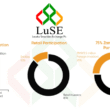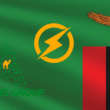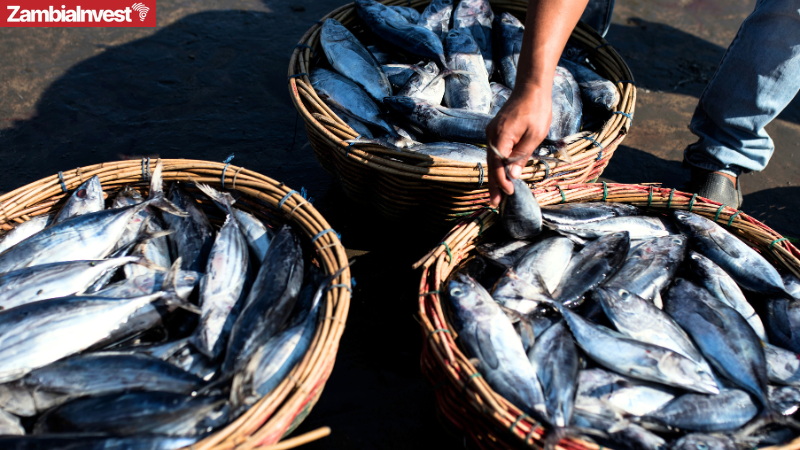Zambia’s fisheries sector has adopted a roadmap for sustainable and inclusive value chain growth following the National Fisheries Stakeholders Forum held from 11–13 August 2025 in Lusaka.
The forum, held under the theme “Strengthening Inclusive and Sustainable Fish Feed and Fisheries Value Chains for Job Creation and Inclusive Growth in Zambia,” brought together over 80 representatives from government ministries and agencies, the private sector, research institutions, civil society, financial institutions, fish traders, and associations.
Participants agreed on a shared plan to address the sector’s main challenges, including the high cost of fish feed, which accounts for about 70% of production expenses, inconsistent quality standards, limited access to finance, and the need for greater innovation.
The roadmap’s objectives include:
- Reducing feed costs through increased local production using indigenous ingredients.
- Improving feed quality standards.
- Harmonising trade standards and cutting certification costs to facilitate cross-border trade.
- Expanding access to finance for smallholder fish farmers and traders.
- Promoting gender-responsive policies to ensure equitable participation of women and youth.
- Supporting innovation in aquaculture technology to raise productivity.
The event was part of the Women and Youth Economic Empowerment in Fisheries Through Market Access Programme, a five-year initiative led by the African Continental Free Trade Area (AfCFTA) Secretariat in partnership with TradeMark Africa and the Mastercard Foundation.
The programme is implemented in seven African countries, including Zambia, and aims to create over 242,000 jobs, improve market access, strengthen business skills, and ensure equitable participation in fisheries value chains.
Speaking on behalf of Dr. Max Choombe, Permanent Secretary in the Ministry of Fisheries and Livestock, Mr. Mbamwai Mbewe, Assistant Director Aquaculture, called for investment policies aligned with the needs of women and youth to improve livelihoods and unlock employment opportunities.
He stressed that Zambia’s vast freshwater resources should be leveraged to promote food security and strengthen intra-African trade through policy alignment and mutual recognition agreements.
Mr. Themba Kumalo, Director of the Private Sector Unit at the AfCFTA Secretariat, underlined Zambia’s potential in fish and fish feed production and the importance of women and youth in leading the sector’s transformation.
He emphasised harmonising regulatory frameworks, scaling sustainable technologies, and increasing access to finance as critical next steps.
TradeMark Africa’s Fisheries Programme Manager, George Wamae, noted that addressing feed production gaps, ensuring affordable and high-quality inputs, and improving market systems are key to making the sector a leading source of employment and trade.
Zambia’s fisheries sector benefits from 15 million hectares of water bodies and 8 million hectares of wetlands, contributing approximately 3.2% to GDP and supporting over one million people.
However, overfishing, environmental degradation, inadequate infrastructure, and high input costs continue to constrain growth.









